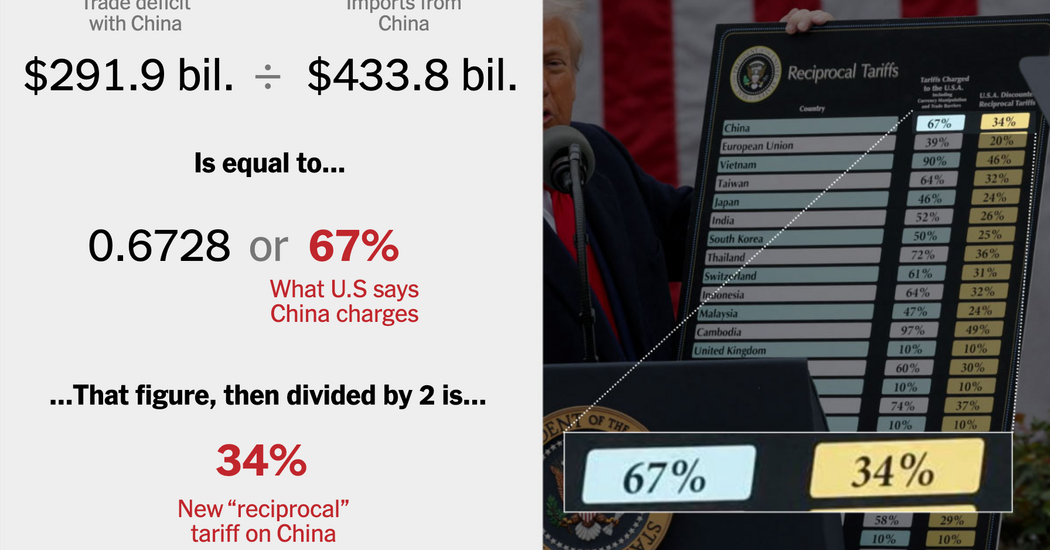
WASHINGTON — Eying a vote on a multitrillion-dollar budget blueprint this week, Senate Republicans are considering a far-reaching move to that would set a $0 cost for making President Donald Trump’s tax cuts permanent.
And they might do it without input from the parliamentarian, the in-house referee that settles rule disputes, even as Democrats argue that such a move would go against a law governing the budget “reconciliation” process to bypass the Senate’s 60-vote threshold.
Members of both parties had anticipated a meeting this week with Senate parliamentarian Elizabeth MacDonough where the two sides would make their case and receive a ruling on whether the GOP approach is valid. It has not been used before to score bills under the 50-vote path, in which Republicans can cut Democrats out of the process.
But the meeting that was expected to occur Tuesday to discuss current policy baseline has been canceled, said a Democratic Senate source with knowledge of the matter.
Senate Majority Leader John Thune, R-S.D., dodged a question from NBC News on Tuesday about whether Republicans would accept the parliamentarian’s ruling on the issue.
“We are in conversations, as you know, with the parliamentarian about the best way to get a budget reconciliation we’re trying to accomplish across the finish line,” he said. “We think the law is very clear. And ultimately, the Budget Committee chairman makes that determination. Obviously, we’re consulting regularly with the parliamentarian on the best way to achieve the desired outcome here, and that is to pass a reconciliation bill that accomplishes all the objectives that my colleagues have alluded to.”
Senate Republicans are hoping to a hold a vote this week on a new budget resolution that uses that baseline, which would unlock the path to pass Trump’s agenda on taxes, immigration enforcement funding and other issues.
Democrats have said that ignoring the parliamentarian on the budget process would be a back-door way of eliminating the filibuster, as it would do away with longstanding constraints on legislation that bypasses the 60-vote threshold, such as requiring spending cuts or other savings.
Senate Minority Leader Chuck Schumer, D-N.Y., warned GOP leaders against overriding the parliamentarian.
“That would be going nuclear,” he said. “And it shows that Republicans are so hell bent on giving these tax breaks to the billionaires that they’re willing to break any rules, norms and things they promised they wouldn’t do.”
The crux of the problem for Republicans is that extending Trump’s 2017 tax cuts would cost $4.6 trillion over a decade, according to the Congressional Budget Office, and they cannot make those tax breaks permanent without paying for them.
But they have no hope of finding that much money in offsets. So instead they want to use a new method called “current policy baseline” to score the cost of making those 2017 tax breaks permanent at $0, negating the need to pay for them after they expire at the end of this year.
A source familiar with Senate Republicans’ thinking said they are “still discussing the most effective path forward,” and that proceeding to use current policy baseline to score tax cuts — without input from the parliamentarian — is part of that discussion.
Sen. Thom Tillis, R-N.C., said that if they cannot use the revised baseline, “it probably reduces our options” for the legislation and might require them to negotiate with Democrats on some issues.
“If we’re going to be more constrained, then you have to look at the core of what we need to get done, versus nice-to-haves that may just be required to take more time, maybe get Democrat support for it,” Tillis said in an interview.
A spokesperson for Senate Budget Committee Democrats called it “alarming” and said it shows “Republicans believe they don’t need to defend their effort to hide the true cost of their multi-trillion dollar tax giveaways that will add trillions to the national debt while gutting programs hardworking families rely on.”
“Current policy baseline is budget fraud” and “upends decades of precedent,” the spokesperson said.







